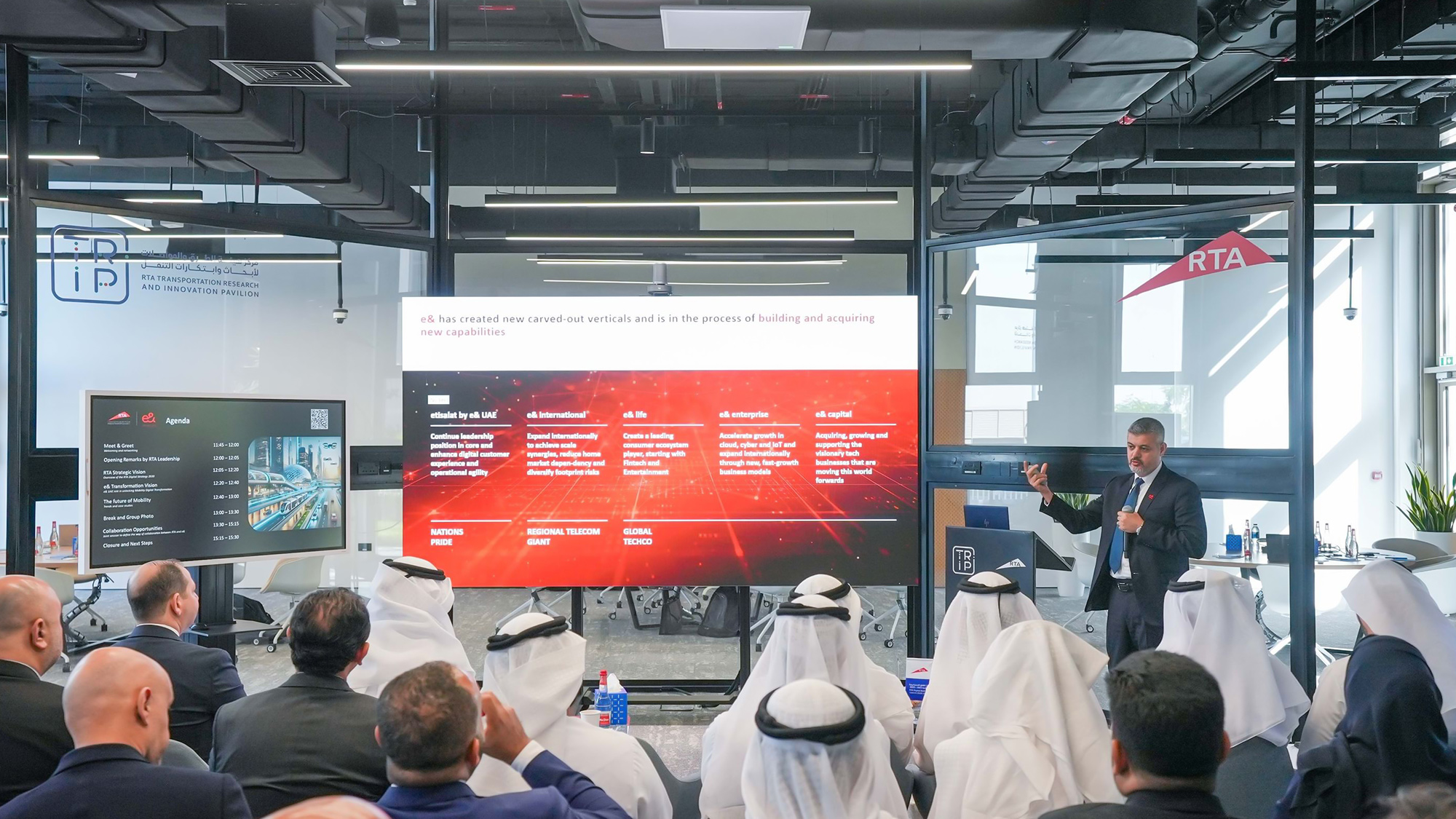



Dubai’s vision of becoming a fully connected and sustainable smart city is increasingly evident in its wide-ranging digital and infrastructure projects. These developments span everything from tokenised real estate and integrated mobility to unified government services. These elements are necessary for making the emirate an excellent place to live, study, and work.
More importantly, they are part of a larger plan to make the city a global leader in digital infrastructure, which enables a conducive environment for investors and enterprises. By using advanced technology and efficient governance, Dubai is setting new standards for business.
This article is part of an ongoing series that looks at how the emirate is steadily evolving into one of the world’s top three leading smart cities. The strategies and mutually beneficial collaborations that positively impact its business and urban areas are the focal point of this second content piece.
The emirate is globally recognised for its continued infrastructure advancement, which supports vibrant communities for residents, students, and professionals. Its latest programs, from the Shared Digital Channels Initiative (which simplifies access to services across sectors) to integrated transport and fintech advancements, are proof of the city’s goal of becoming a fully digitised environment.
This strong commitment and solid foundation are crucial to creating an environment for investors and entrepreneurs wondering how to start a business in Dubai.
The Roads and Transport Authority has introduced its Artificial Intelligence Strategy 2030, comprising 81 projects designed to boost mobility, sustainability, and user satisfaction. The agenda aligns with the UAE Artificial Intelligence Strategy 2031 and RTA’s own Digital Strategy 2030, which shows a decisive move towards utilising data to improve governance.
The strategy is structured around six pillars, such as (1) people happiness, (2) seamless and innovative mobility, (3) intelligent traffic management, (4) cognitive licensing, (5) future-proof organisation, and (6) asset excellence. It also sets measurable goals, namely:
The RTA has already rolled out over 40 real-world use cases, including smart parking systems and generative AI integration in services like Mahboub, its very own enterprise chatbot. Its Big Data Platform now links 49 corporate systems and has seen a yearly development rate of 30%. These advancements create a smarter transportation network and show how infrastructure innovation directly enhances the Dubai business environment. In simple terms, innovation in the public sector boosts accessibility for private-sector enterprises.
Dubai’s push towards inclusive economic development is further revealed by the RTA’s invitation to private firms, including SMEs, to participate in 116 tenders. These tenders encompass services, consultancy, IT, infrastructure, and investment opportunities, all set to take place by the end of 2025.
The move is part of the Public-Private Partnership Strategy 2024–2026 and exemplifies the city’s efforts to support local enterprises while enhancing the ease of doing business in Dubai. With simplified prequalification systems and opportunities across different sectors, the city aims to be a competitive hub for entrepreneurs and global companies.
At the same time, the RTA is closely working with e& UAE to explore new technologies like 5G and Mobility-as-a-Service platforms. These developments are important for future transportation solutions.
The integration of blockchain technology into Dubai’s real estate industry signifies a significant advancement in merging financial technology with urban infrastructure. The collaboration between the Dubai Land Department and Ctrl Alt, supported by VARA and the Dubai Future Foundation, represents a key achievement.
Using the XRP Ledger, the undertaking enables fractional ownership of real estate, with investments starting from as little as AED2,000. Operated through the PRYPCO Mint platform, this model enhances access while maintaining transparency and regulatory compliance. The market is projected to reach AED60 billion by 2033, reinforcing the emirate’s broader Real Estate Sector Strategy.
It offers real estate developers and fintech innovators a strategic opportunity to align with the emirate’s goals of accelerating its digital infrastructure while tapping into a rapidly expanding market.
A sustainable city is not just about AI and smart grids — it requires educated, forward-looking talent. This is where the ‘1 Million Learners’ initiative by the Dubai International Financial Centre comes in. As part of the DIFC Sustainable Finance Catalyst, this program aims to train one million individuals in sustainability and green finance by 2030.
The initiative is backed by 28 founding partners, including institutions such as Heriot-Watt University, CFA Institute, Visa, S&P Global, London Stock Exchange Group, and the United Nations Development Programme. The strategy is designed to build a workforce equipped for long-term and inclusive economic growth. Notably, GIST Impact has been appointed as the impact partner to ensure that results meet global frameworks like the UN’s Sustainable Development Goals and the Corporate Sustainability Reporting Directive.
Needless to say, this initiative promotes environmental and social responsibility while also creating economic growth by equipping the future workforce with the tools needed to set up a business in Dubai’s changing ESG landscape.
Dubai’s all-embracing approach, covering transport, governance, real estate, finance, and education, creates a full spectrum of ecosystems for enterprises and investors.
Those exploring how to start a business in Dubai can take advantage of several opportunities:
With a future-facing regulatory environment and a proactive mission to develop disruptive solutions, Dubai is truly engineered for the next generation of SMEs.
Don’t forget to share this post!
We use cookies to enhance your experience on our website. If you continue using this website, we assume that you agree with these. Learn more.


